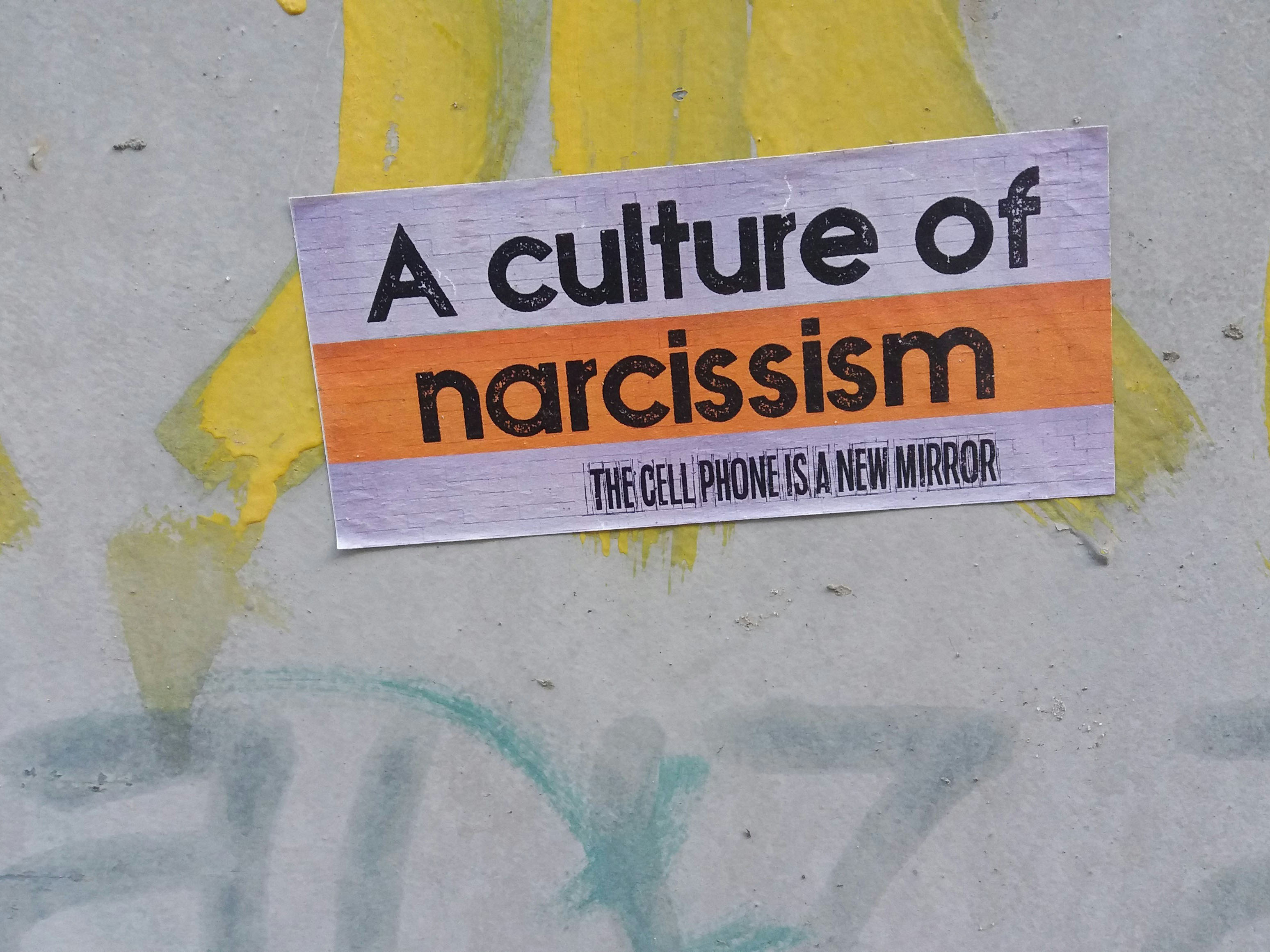Industry Talk - Free Talk
Marketing hiring AI as an assistant
by Roger Halaby
June 7, 2023
.jpg) Advertisement
AdvertisementLately, I have been reading many articles on this AI subject. It’s everywhere on social media, conferences, seminars, even at dinner tables among executives. What is really going on? Should we as professionals be seriously concerned?
If according to Dr. Philip Kotler, “Marketing is the ability to hit the mark”, would Artificial Intelligence taps into the emotions of consumers to hit it? While some marketers may see AI as a threat to their jobs, we have to dive into the role of AI in marketing, and try to understand what it is about.
Simply put, artificial intelligence is a rapidly growing field that will be supporting the way we do marketing, but not as a threat to our industry, at least not in the current stage. In fact, it can be considered more of an assistant than a threat. Why would it be so popular if not everybody is using it or spotting a certain advantage using it?
From the marketing industry perspective, it seems increasingly important because it has the potential to help marketers analyze large amounts of data, automate tasks, and provide personalized experiences for consumers.
So, will AI take over Marketing? My answer is “NO”!
Despite AI's various tools and benefits, it cannot replace human creativity, intuition, and emotions. Anything can be automated but a mix of feelings that are derived from a certain mood or circumstance. No automation can deal with that, at least for now. At the end of the day, AI is relying on the data we “humans” feed it with. If the data is not mature or incorrect, AI will definitely produce weirdo and misleading results. And marketing is not just about data and analysis, it's about connecting with people on an emotional level and creating meaningful experiences that drive connection, engagement and loyalty. AI may be able to recommend products based on a customer's previous purchases, but it cannot create an emotional connection with them or understand individual preferences. Marketing is the science of connection that is fueled by the intellect of humans, and a collaborative effort that requires a diverse range of skills and perspectives. AI may be able to provide information, but professionals will have to evaluate the information and ensure that it is accurate and relevant to their business goals. AI cannot brainstorm ideas, communicate effectively, or build relationships with clients and colleagues. Successful marketing require a proper method of thought, team effort, with each member contributing their unique skills and talents to achieve a common goal.
We can innocently look at artificial intelligence as a proficient assistant to marketers that has a significant role to play better understand consumers and create more personalized experiences. This newly hired assistant can analyze large amounts of data quickly and efficiently and support to understanding consumer behavior and assist marketers make better decisions about their audience to forecast behavior, anticipate trends, create personalized content, and buying patterns that can support staying ahead of the competition.
AI can also play a vital role in predictive analytics, which involves using historical and previous entered data to make predictions about future behavior and improve the customer experience by analyzing the data and providing personalized recommendations. This will add value to marketers and agencies to create more engaging and relevant campaigns. Marketers can use predictive analytics to identify new opportunities for growth and innovation, spot potential customers, forecast sales, and optimize pricing strategies.
But most importantly, it is crucial to always remember that no matter the latest technologies or trends, the base of marketing will always be extracted from human thinking and the psychology of consumer behavior, and this is where the science of marketing comes into play. While technology can provide valuable insights and tools to gather data and automate certain processes, it is solely the human mind that drives the decision-making process.
Ultimately, the success of any marketing campaign comes down to the ability to connect with an audience on a human level. By understanding the principles of psychology and using creativity to connect with an audience, we can create campaigns that not only create awareness or drive sales, but also build lasting relationships with our customers.
Finally, and while some people may look at AI as a threat, and many marketers may be worried that their jobs may be at risk, we can stress on the reality that AI can be a value to marketing through providing and analyzing vast amounts of data. Marketers brings a wealth of skills and experience to their work that AI cannot replicate, including creativity, empathy, strategic thinking, decision making, and adaptability.
With the extreme high demand to adopt AI in businesses today, it is important to ensure that we use it responsibly and ethically, while we should treat it as a tool to complement and enhance our capabilities rather than a threat of replacement.



.jpg)










